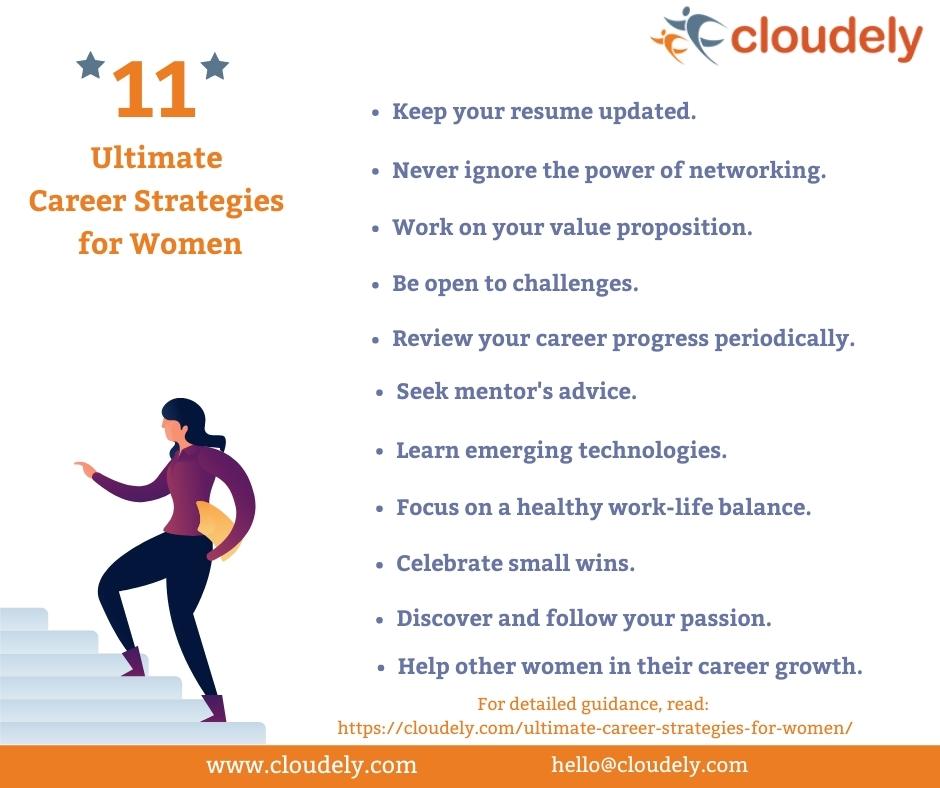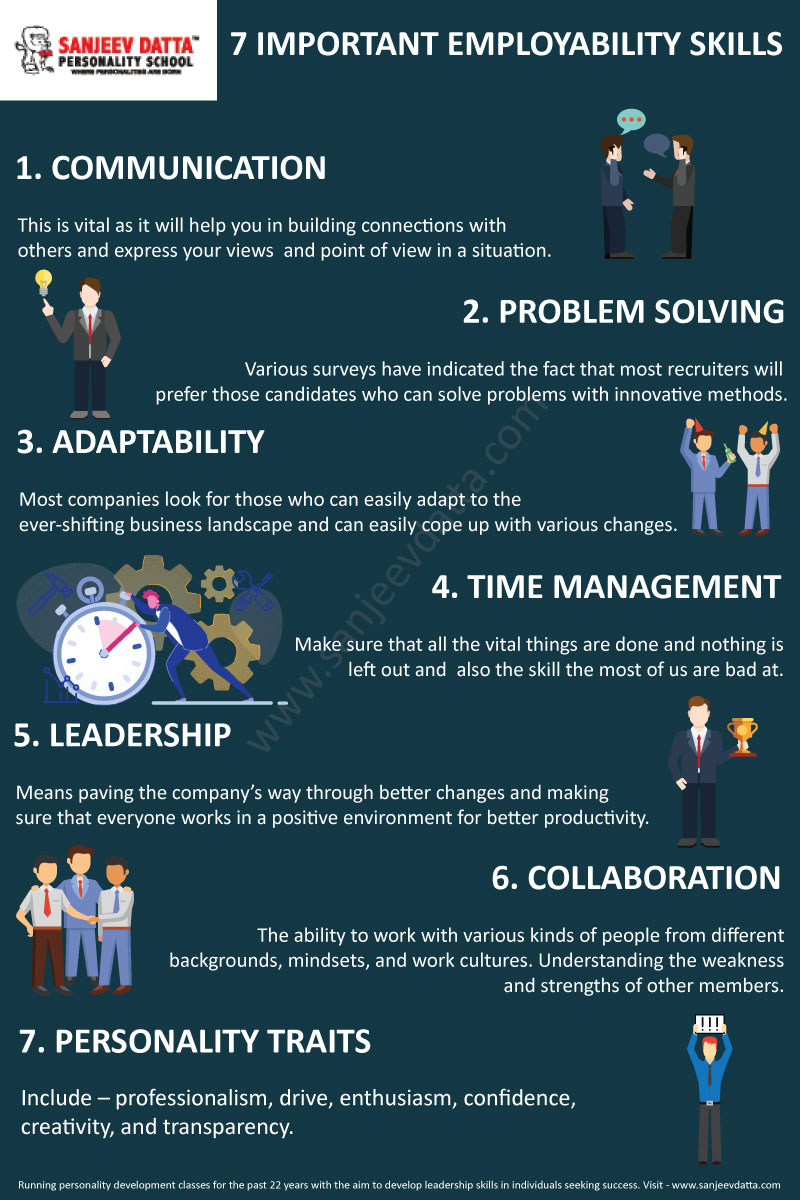Welcome to an exciting journey of career development for women! In a changing world, it’s essential to navigate the evolving landscape and establish strategies for success. Whether you’re just starting your professional journey or looking to take your career to new heights, this guide has you covered.
As we dive into the world of career development, we’ll explore proven strategies, insightful tips, and empowering advice specifically tailored to women. This comprehensive resource aims to provide you with the tools and knowledge needed to excel in your chosen field and overcome any barriers you may encounter along the way.
In a world full of possibilities, it’s time to embrace your potential, break down barriers, and carve your path to success. So, get ready to embark on a transformative journey as we delve into the realm of career development for women in this ever-evolving world!
– Continuously Update Skills: Stay ahead by acquiring new skills and knowledge.
– Seek Mentoring and Networking Opportunities: Build relationships with successful professionals.
– Embrace Challenges: Don’t be afraid to take on new and challenging projects.
– Develop a Personal Brand: Clearly communicate your unique skills and strengths.
– Balance Work and Life: Prioritize self-care and maintain a healthy work-life balance.
These strategies can empower women to achieve their career goals in a changing world.

Career Development for Women: Strategies for Success in a Changing World
In today’s rapidly evolving professional landscape, women face unique challenges and opportunities when it comes to career development. However, with the right strategies and mindset, women can navigate these changes and achieve success. This article will explore various strategies and tips to aid in the career development of women, allowing them to thrive and excel in a changing world.
The Importance of Skill Building
One of the key strategies for career development in a changing world is continuous skill-building. As industries and technologies evolve, it becomes crucial for professionals to adapt and stay relevant. For women, investing time and effort in developing both technical and soft skills is essential. This can be accomplished through various means, such as attending workshops, taking online courses, or participating in mentoring programs.
Developing technical skills requires a commitment to learning and staying updated with the latest industry trends. Women can take advantage of online platforms that offer courses in coding, data analysis, or project management, depending on their field of interest. These courses not only boost skills but also provide certifications that can strengthen a resume and open doors to new opportunities.
Equally important are soft skills, which are essential for effective communication, leadership, and collaboration. Women should seek opportunities to enhance their interpersonal skills, public speaking abilities, and emotional intelligence. Joining professional organizations or participating in networking events can provide valuable opportunities for skill development and connecting with like-minded individuals.
Diverse Leadership and Inclusive Work Cultures
Creating a diverse and inclusive work environment is crucial for the career advancement of women. Organizations that prioritize diversity and inclusion not only foster innovation and creativity but also provide equal opportunities for growth. Women should consider seeking out companies or industries that value and prioritize diversity, as these are more likely to offer paths for career advancement and upward mobility.
Furthermore, it is essential for women to advocate for themselves and actively seek out leadership roles. Women can participate in mentoring programs or seek out a sponsor who can provide guidance and support. Additionally, developing a strong professional network can expose women to opportunities and provide access to influential individuals who can champion their career development.
By actively pursuing leadership roles and fostering inclusive work cultures, women can not only progress in their careers but also serve as role models for future generations of women, further promoting gender equality in the workplace.
The Power of Negotiation
Negotiation skills play a significant role in career progression. Unfortunately, studies have shown that women are often less likely to negotiate their salaries or benefits compared to their male counterparts. To bridge this gap, women should prioritize acquiring negotiation skills and have the confidence to advocate for themselves.
Preparation and research are key when approaching negotiations. Women should understand industry standards, compensation packages, and market trends to build a strong case for their worth. Role-playing negotiation scenarios and seeking advice from mentors or career coaches can help refine negotiation skills.
Additionally, it is important for women to enhance their self-belief and overcome imposter syndrome or self-doubt. By recognizing their value and articulating it confidently during negotiations, women can secure better opportunities, advancement, and increased job satisfaction.
Embracing Technology and Digital Skills
In today’s digitally driven world, technological literacy is no longer a luxury but a necessity for career development. Women need to embrace technology and develop digital skills to remain competitive.
Understanding data analytics, social media marketing, or cloud computing, for example, can enable women to contribute to their organizations’ digital transformation initiatives. Keeping up with emerging technologies and their applications within their respective industries will open doors to new opportunities.
Women can take advantage of online resources like coding boot camps, webinars, or YouTube tutorials to acquire digital skills. Gaining expertise in specific areas of technology can even lead to entrepreneurial ventures or consulting opportunities, further expanding career possibilities.
Navigating Work-Life Integration
Work-life integration has become increasingly important as women strive to balance their professional aspirations with personal responsibilities. Achieving a healthy work-life balance is crucial for long-term career satisfaction and success.
Women should prioritize self-care and set boundaries to avoid burnout. This may involve delegating tasks, seeking support from family and friends, or developing time management skills. Flexible work arrangements, such as remote work or flexible hours, can greatly contribute to work-life integration and should be considered when exploring job opportunities.
Additionally, women should leverage technology to enhance productivity and efficiency. Utilizing project management tools, calendar apps, or time-tracking software can help manage workloads effectively, allowing for more time to be dedicated to personal pursuits and well-being.
Mentoring and Paying it Forward
Mentoring plays a vital role in career development for women. Women who have achieved success in their respective fields should consider becoming mentors themselves. By sharing their knowledge, experiences, and insights, they can empower and uplift the next generation of women professionals.
Being a mentee offers numerous benefits as well. Women should actively seek out mentors who can provide guidance, support, and valuable advice. Mentoring relationships can help navigate challenges, provide networking opportunities, and instill the necessary confidence to take calculated risks.
Furthermore, women should pay it forward by supporting and championing other women in their professional journeys. This may involve sponsoring junior colleagues, advocating for equal opportunities, or creating platforms for dialogue and sharing experiences.
The Future is Bright for Women in the Changing World of Work
As the world continues to evolve, the opportunities for women in the workplace are expanding. By embracing strategies that focus on skill-building, diverse leadership, negotiation, technology, work-life integration, and mentoring, women can navigate this changing landscape and achieve unparalleled success in their careers. Embracing new challenges and seizing opportunities will allow women to shape the future and lead by example, inspiring future generations of women to pursue their dreams and succeed in the ever-changing world of work.
Key Takeaways: Career Development for Women
- Believe in yourself and your abilities.
- Take advantage of mentorship opportunities.
- Continuously update your skills and stay adaptable.
- Network with other successful women in your field.
- Promote a healthy work-life balance.
Frequently Asked Questions
Welcome to our FAQ section on career development for women. In this changing world, it’s crucial for women to have effective strategies to succeed in their careers. Here are some commonly asked questions and their answers to help guide you towards success.
1. How can I identify my career goals and aspirations?
Identifying your career goals and aspirations is an important first step towards success. Start by reflecting on your passions, strengths, and values. What subjects or activities energize and motivate you? Additionally, consider your long-term vision and the impact you want to make in the world.
Set specific, measurable, achievable, relevant, and time-bound (SMART) goals that align with your aspirations. Break them down into smaller milestones to make them more attainable. Regularly review and adjust your goals based on your personal and professional growth. Remember, your career journey is a dynamic process, so be open to new opportunities and adapt as needed.
2. How can I overcome gender biases and discrimination in the workplace?
Overcoming gender biases and discrimination can be challenging, but it’s essential for career advancement. Start by building strong networks of mentors and sponsors who can support and advocate for you. Seek out opportunities for skill-building and professional development to enhance your confidence and competence.
Focus on showcasing your expertise and accomplishments through clear and assertive communication. Use data and evidence to back up your ideas. Don’t be afraid to negotiate for fair compensation and promotions. Remember, it’s crucial to cultivate resilience and maintain a positive mindset, as facing obstacles can be part of the journey towards success.
3. How can I balance my career and personal life?
Finding a balance between your career and personal life is essential for overall well-being and success. Start by setting priorities and boundaries. Identify what matters most to you and allocate time accordingly. Delegate tasks and ask for support when needed.
Make self-care a priority by practicing mindfulness, exercising, and maintaining healthy relationships. Learn to manage your time effectively by prioritizing tasks and avoiding multitasking. Remember, it’s okay to say “no” when necessary and to take breaks to recharge. Finding balance is an ongoing process, so regularly reassess and make adjustments as needed.
4. How can I advance my career and take on leadership roles?
To advance your career and take on leadership roles, develop a growth mindset and continuously seek opportunities for learning and development. Take on challenging assignments and actively participate in professional associations and industry events.
Build a strong personal brand by cultivating your skills, expertise, and reputation. Seek feedback from trusted mentors and use it to improve and grow. Take risks and step outside of your comfort zone to showcase your leadership potential. Remember, confidence and perseverance are key factors in pursuing and securing leadership positions.
5. How can I navigate career transitions and change?
Career transitions and change can be intimidating, but they also present opportunities for growth and fulfillment. Start by assessing your skills, interests, and values to identify potential career paths. Seek guidance from career coaches or mentors who can assist you in exploring new possibilities.
Take advantage of transferable skills and leverage your network to discover new opportunities. Consider upskilling or pursuing additional education to bridge any gaps. Embrace a growth mindset and be open to adapting to new environments and industries. Remember, career transitions take time and patience, so be kind to yourself during this process.

Career Change: The Questions You Need to Ask Yourself Now | Laura Sheehan | TEDxHanoi
Summary
Women can succeed in their careers by setting clear goals and seeking opportunities for growth. It is important for them to develop strong communication skills and cultivate a professional network. Additionally, women should embrace change and adapt to new technologies and work environments. Finding work-life balance is crucial, and self-care should not be neglected. Overall, with dedication and continual learning, women can thrive in a changing world.